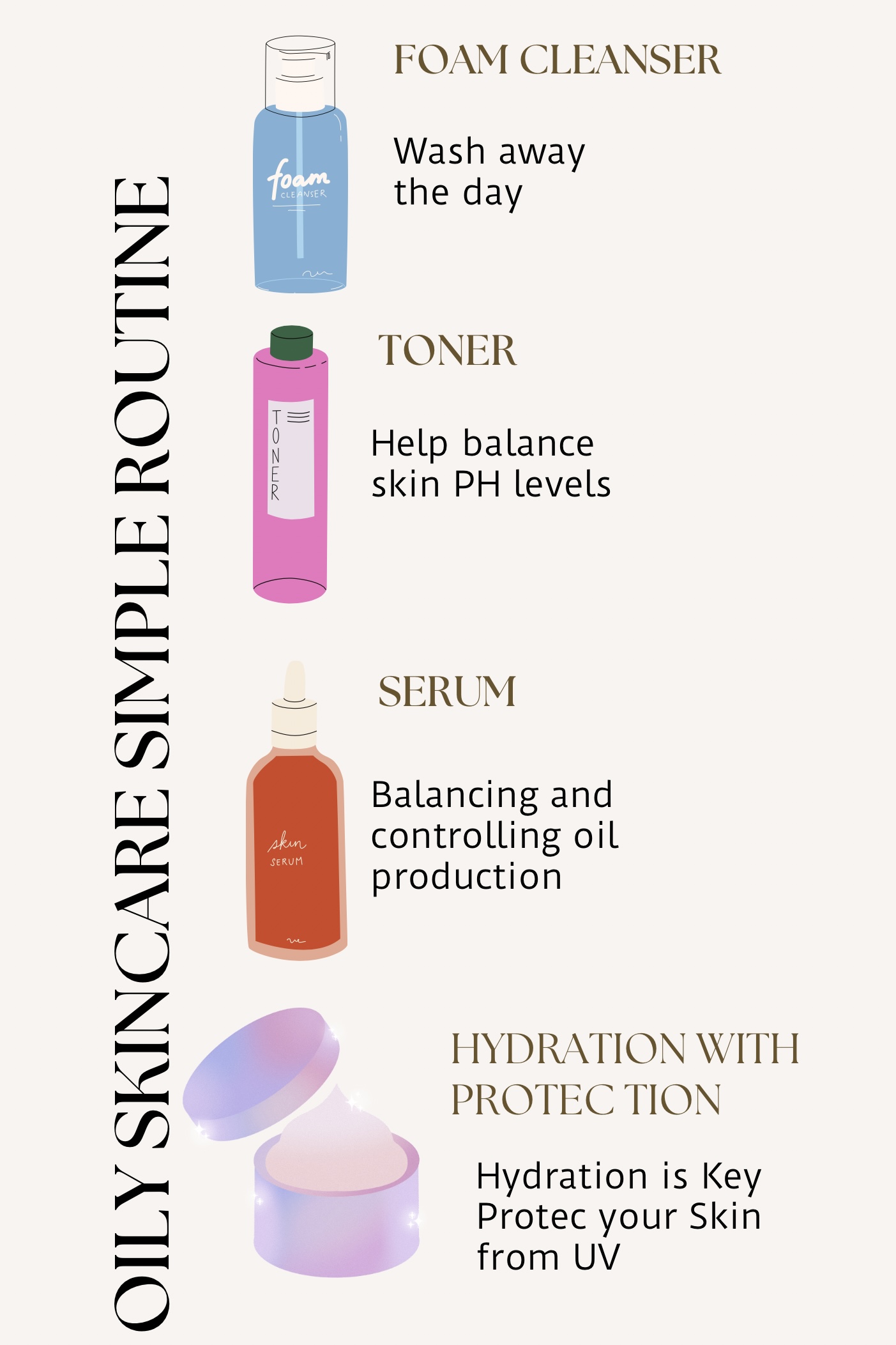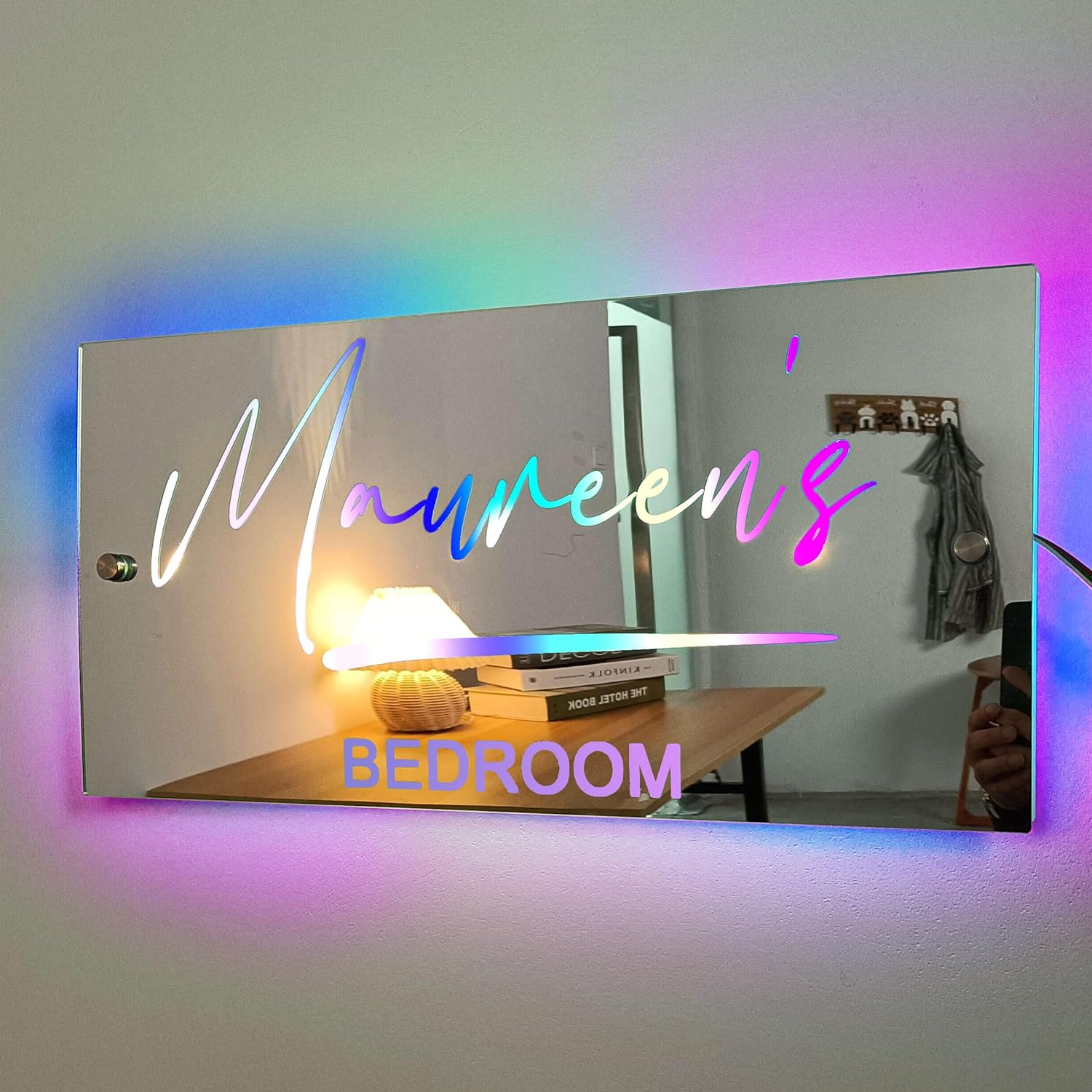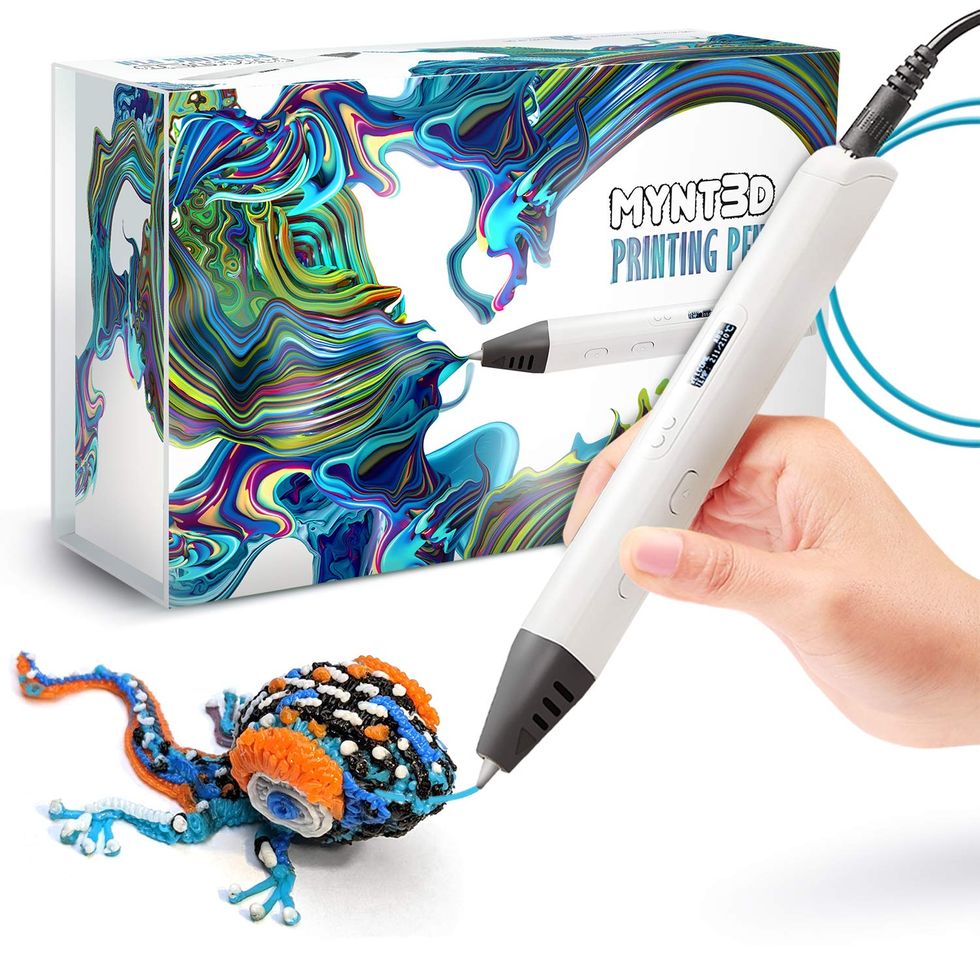Advanced Techniques for Oily Skin Management
oily skin can often feel like an ongoing battle, leaving you uncertain about how to rein in the shine and regain control. However, fret not, for conquering oily skin is indeed possible with the right skincare routine and products. With dedication and the proper techniques, you can achieve a healthy, balanced complexion that defies excess oiliness.
Understanding Oily Skin:
Firstly, let’s delve into what causes oily skin. Beneath each of your pores lies a sebaceous gland, responsible for producing a natural oil called sebum. Sebum helps keep your skin hydrated and healthy, but when these glands produce too much oil, it leads to oily skin. Signs of oily skin include constant shine and the need for frequent blotting throughout the day.
DO’s:
- Cleanse Twice Daily: Start your day and end it with a gentle cleanser specifically formulated for oily skin. Avoid oil-based or alcohol-based cleansers, as they can exacerbate oiliness.
- Opt for Oil-Free Products: When selecting skincare products, look for labels that read “oil-free” and “non-comedogenic” to prevent clogged pores and acne flare-ups.
- Moisturise Daily: Contrary to popular belief, oily skin still requires hydration. Choose a lightweight, oil-free moisturiser, preferably one with added sunscreen for protection against harmful UV rays.
- Use Face Masks: Incorporate face masks into your skincare routine, but steer clear of those containing coconut oil, mineral oil, or alcohol. Instead, opt for masks with ingredients like salicylic acid and clay to unclog pores and control oil production.
DON’T:
- Over-wash: While it’s essential to cleanse oily skin regularly, over washing can strip away natural oils, leading to rebound oiliness. Stick to cleansing twice daily.
- Use Harsh Ingredients: Avoid skincare products containing harsh ingredients like alcohol, which can irritate and dry out the skin, triggering increased oil production.
- Skip Moisturizer: Skipping moisturizer can actually worsen oily skin, as dehydrated skin may overcompensate by producing more oil. Choose a lightweight, oil-free moisturizer suitable for oily skin.
- Neglect Sun Protection: Sunscreen is a must for all skin types, including oily skin. Opt for a non-greasy, broad-spectrum sunscreen with at least SPF 30 to protect your skin from UV damage.
Crafting Your Oily Skin Care Routine:
Now that you know the dos and don’ts, let’s put together a simple yet effective skincare routine for oily skin:

- Foam Cleanser: Start your day and end it with a gentle foam cleanser designed for oily skin. Look for formulas that effectively remove excess oil and impurities without stripping the skin.One of the good foam cleanser is Cera-Ve Foaming cleanser.
Click here to see - Toner: After cleansing, apply a toner to help balance the skin’s pH levels and tighten pores. Choose a gentle, alcohol-free toner to avoid irritation.
- Serum: Incorporate a lightweight serum into your routine to address specific skin concerns, such as acne or excess oil production. Look for serums containing ingredients like salicylic acid or niacin-amide.A serum will help oily skin by balancing and controlling oil production, reduce the appearance of pores and pore size, deliver antioxidant protection, and strengthen skin’s barrier.
- Moisturiser: Finish off your routine with an oil-free moisturiser to keep your skin hydrated without adding extra shine. Don’t forget to choose one with addedsunscreen for daytime use. I would recommend moister with sunscreen it saves your as well as you use less products on your skin.
Let’s delve deeper into some additional tips and tricks:
- Exfoliation: Incorporating exfoliation into your skincare routine can help remove dead skin cells and unclog pores, reducing excess oil production. Opt for gentle exfoliants with ingredients like salicylic acid or fruit enzymes to avoid irritating the skin.
- Oil-Control Sheets: Keep oil-control sheets handy throughout the day to quickly blot away excess shine without disturbing your makeup. These sheets can help absorb surface oil, leaving your skin looking refreshed and matte.
- Hydration from Within: Remember to hydrate your skin from within by drinking plenty of water and consuming a balanced diet rich in fruits, vegetables, and omega-3 fatty acids. Proper hydration can help maintain skin health and regulate oil production.
- Consistency is Key: Stick to your skincare routine consistently to see the best results. It may take some time for your skin to adjust to new products, so be patient and give them time to work their magic.
- Professional Guidance: If you’re struggling to manage oily skin despite your best efforts, consider seeking advice from a dermatologist. They can assess your skin’s specific needs and recommend tailored treatments or products to address your concerns effectively.
In conclusion, managing oily skin doesn’t have to be a daunting task. With the right skincare routine and products tailored to your skin type, you can achieve a healthy, balanced complexion free from excess shine and breakouts. Remember to cleanse, moisturize, and protect your skin daily, incorporating additional strategies such as exfoliation, oil-control sheets, and maintaining hydration from within. Consistency and patience are key, so stay committed to your skincare journey. And if you find yourself needing further assistance, don’t hesitate to seek advice from a dermatologist. Here’s to mastering oily skin and embracing radiant, healthy-looking skin!
Also read:Best BB cream as per your skin type



